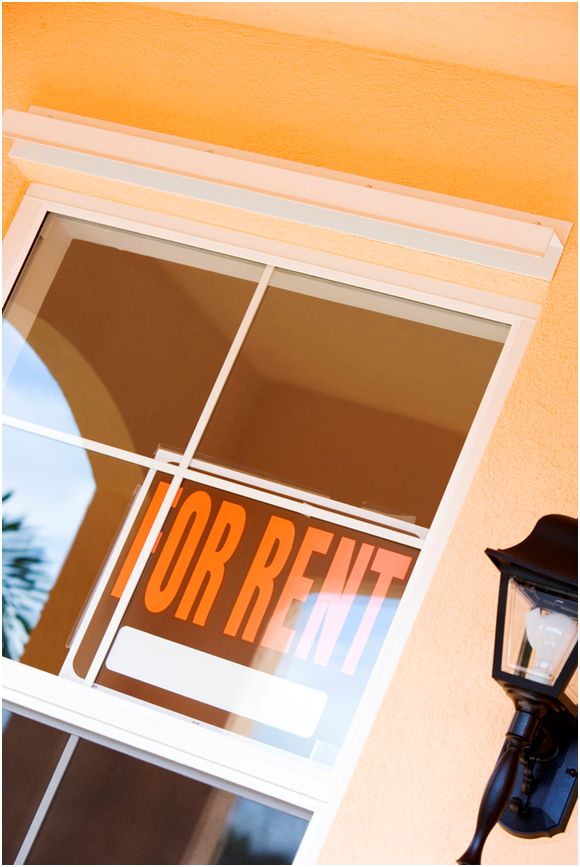Landlords have been given a bad rap over the years, and this is mainly due to a small number of individuals who abuse their power and act unprofessionally towards their tenants. Failing to respond to tenant queries, offering poor quality accommodation and intruding on a tenant’s privacy are just a few of the most common problems many people encounter when dealing with landlords. In order to attract honest, reliable tenants, landlords must behave in a professional manner at all times regardless of what the circumstances are. If you want to improve your property rental business and earn your tenants’ respect, then the following tips will help you become a better landlord.
Act Like A Professional
A good way to handle any rental property is to approach it as you would a business. You would never dream of showing up late to work in cut-off jeans and a scruffy t-shirt, so try to extend the same courtesy to any potential tenants. Always dress smartly when meeting tenants, and treat them with the same respect as you would a customer that just walked into your place of work. Try to avoid becoming overfriendly with your tenants as this could cause problems later on. Instead, act politely and greet them with a formal handshake to set the tone for any future relationship. After your tenants have moved in, give them a paper with your contact details, and include an emergency number that they can reach you on if necessary.
Find The Right Tenants
Being a good landlord is much easier when you have good tenants. There are over 8 million renters in England and Wales, and experts predict that renters will outnumber homeowners by 2025. Therefore, you can afford to be picky when it comes to choosing your tenants. Always insist on at least two references from previous landlords as well as a letter of confirmation from the tenant’s place of work. Credit reports can tell you practically everything you need to know about prospective tenants including whether they have recently been evicted, if they are involved in a lawsuit and if they pay their bills on time. If you use an estate agent to help you rent your property, then they may be able to help you screen any prospective tenants. For information on landlord services, you can see more at Fulfords website.
Plan For Emergencies
One of the biggest problems most tenants experience with landlords is being unable to contact them when things go wrong. If the boiler breaks down in your
property in the middle of winter, your tenants will be left without heat or hot water and will need to be able to contact you immediately. Failing to live up to your responsibilities as a landlord could also leave you open to a lawsuit. If you will be going away on vacation, let your tenants know how long you will be away and who they can contact in the case of an emergency. Always reply to your tenant’s phone calls or emails promptly, and keep a record of all correspondence.
Maintain A Respectful Distance
Although you need to be accessible to your tenants, you also need to give them plenty of privacy once they move into your property. Although it may be tempting to pay surprise visits to the property or lurk around outside trying to spot any bad behaviour, doing so will only cause problems in the long run. Many tenancy agreements contain a clause which orders landlords to give tenants written notice of any desire to enter the property at least 48 hours in advance. It is also a good idea to maintain a formal distance with your tenants in case you need to evict them one day or begin court proceedings.
Although you may be tempted to lose your patience with certain tenants that cause a disturbance or do not pay their rent on time, always try to remain calm and professional in stressful situations. Shouting at or threatening your tenants may harm your case if you have to take them to court as well as leave you open to a criminal charge for threatening behaviour. Always refer back to the tenancy agreement that you and the tenant signed at the beginning of the rental period when having to deal with any problems. Operating within the law will offer you protection in the eyes of the court should anything go wrong with the tenancy.
Kate Nash works in lettings management and spends a good part of her day liaising with landlords. She likes sharing her thoughts and ideas about managing property with an online audience and writes regularly for a number of consumer websites.
